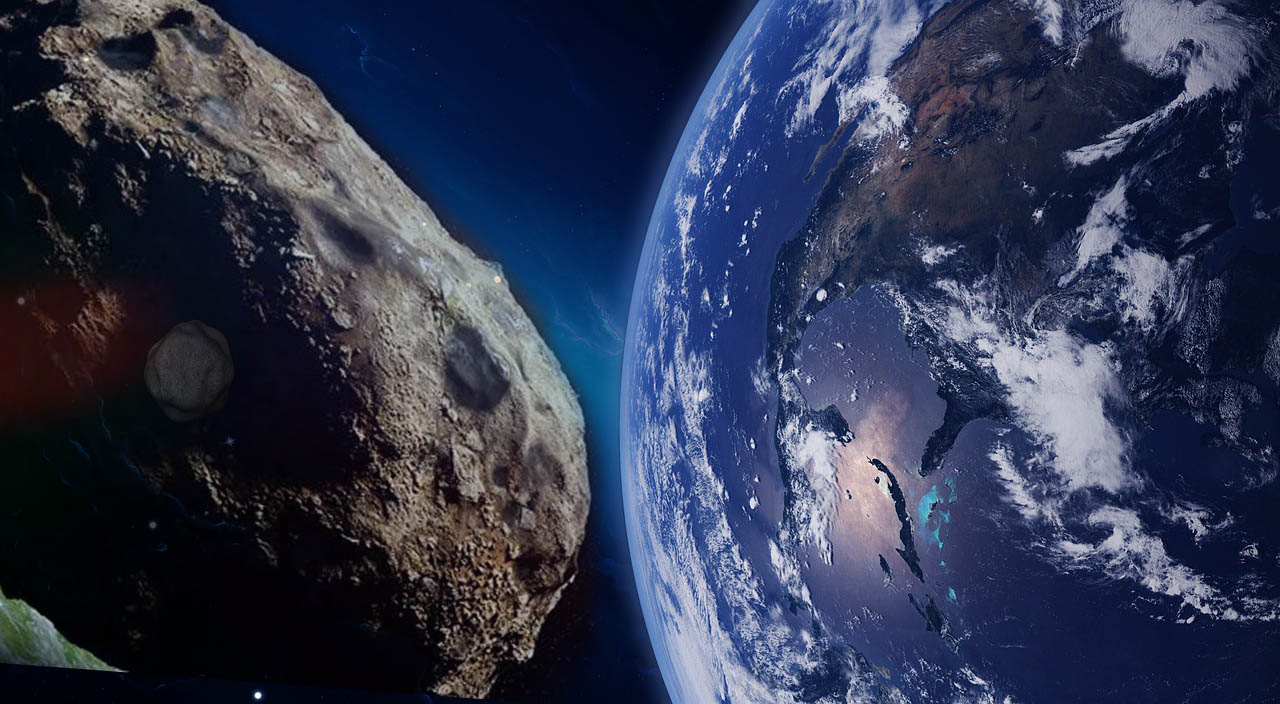On Friday, a massive asteroid about the size of the Eiffel Tower zipped by Earth. On this flyby, the asteroid showed no danger to the Earth as it was more than 40 times as far away from Earth as the moon. However, on April 13, 2029, Apophis is going to get even closer to Earth.
Scientists viewed this as a dress rehearsal this week for 2029 when Apophis was going to come extraordinarily close to Earth. This year, Apophis will be closer to Earth than any of the planet’s fastest orbiting satellites. The asteroid is 1120 feet tall and is composed of granite, iron, and nickel.
Scientists conclude that it is approximately shaped like a peanut and that its nearby Earth pass on Friday brought them a closer chance to examine the asteroid. Apophis was too far away to be observed with the naked eye, so scientists used the NASA Goldstone Deep Space Communications Complex in California and the Green Bank Telescope in West Virginia to visualize the asteroid that had flown through it.
Surprisingly, Apophis will be momentarily visible by the naked human eye over Western Australia at its closest approach in 2029. In that place, the asteroid is going to be as bright as the stars in the Big Dipper. Its nearest passage to Earth will take place at 6 p.m. EDT on April 13, 2029. It’s not going to reach the Earth in 2029 or the next run in 2036. There is a slim possibility, though, that the asteroid will strike Earth in 2068.
New radar analyses of the Apophis asteroid were made in the first week of March 2021 from NASA’s Goldstone radar in California.
The new observations enable astronomers to further define the orbit of space rock. New data indicate that Apophis could travel at a minimal distance of 19,662 miles (31,643 km) from Earth’s surface on Friday, April 13, 2029.
However, on March 4, earthsky.org had informed and warned about the zip passing of the Asteroid Apophis in an article. According to this Apophis was, like many asteroids, large enough to able to cause “significant regional damage”.
